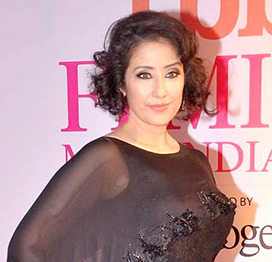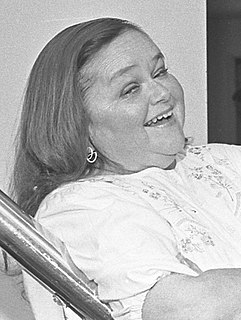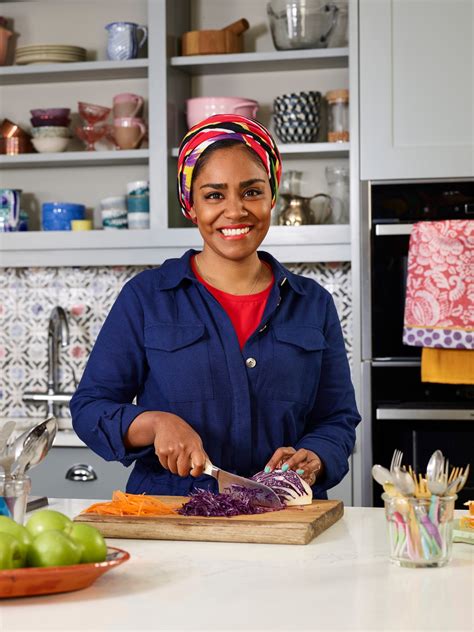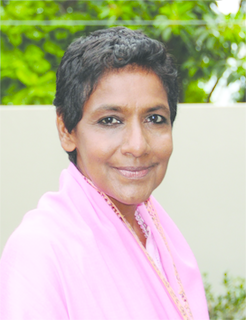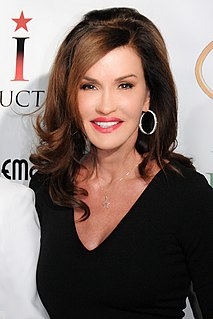A Quote by Halle Berry
My mother helped me identify myself the way the world would identify me. Bloodlines didn't matter as much as how I would be perceived.
Related Quotes
My mother always helped me because she was kind of a research fanatic. When she would write a screenplay, there would be so much research all over the walls. And so when I started working as an actress, I would do the same thing. She instilled in me a love of taking everything very seriously. It didn't matter what it was.
To be brutally honest, for much of that time, I was the only person in the world with Parkinson's. Of course, I mean that in the abstract. I had become acutely aware of people around me who appears to have the symptoms of Parkinson's disease, but as long as they didn't identify with me, I was in no rush to identify with them. My situation allowed, if not complete denial, at least a thick padding of insulation.
I've always wondered what it would be like if the Messiah, or Christ Returned, were actually alive and living in our society; who would that person be, how we would identify them, how would they live and what would they believe in, how would society react to them? I decided to try and tell my idea of that story.
Women come to me and would never tell a male guru the things that they tell me. to me and would never besiege the male guru with some of the things that I hear. And that is because mother is mother and that is the phenomenal thing, it's the most irreplaceable thing in the world because whether we're an earthly mother or a spiritual mother, a divine mother, and everyone is divine by the way, we all have the power of divinity, the power of full consciousness, whether we are awakened to the potential of it all is a different matter.
I have been villainized because of my identity - I've received nasty blog comments and emails just based on my willingness to identify with feminism by people who clearly don't understand what I value and why I identify as a feminist. Ultimately, I'm less concerned with whether or not people identify as feminist and am more concerned with whether or not people understand what feminism is. If they don't want to identify as a feminist that's fine. I respect people's decision to identify any way they want and expect that same respect in return, although I don't always get it.




